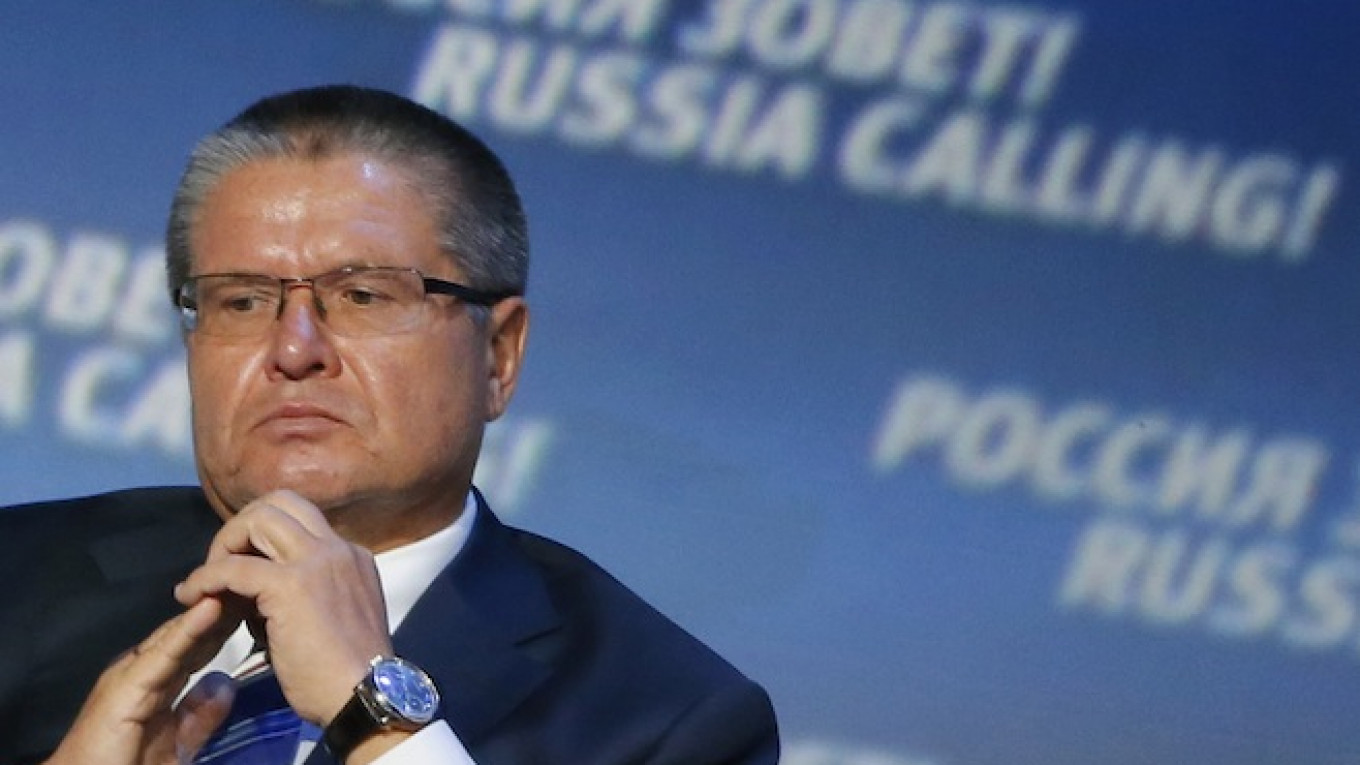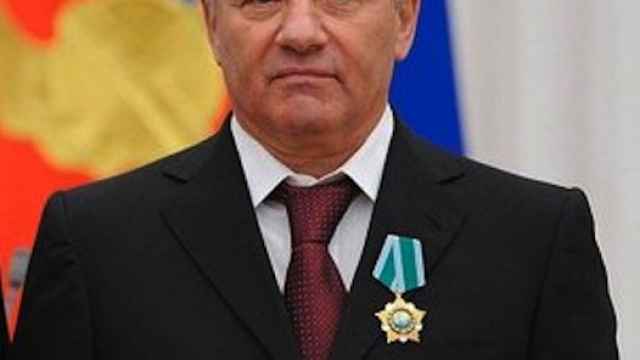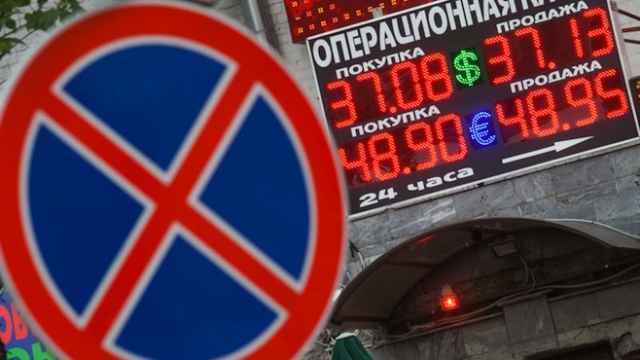In a potentially face-losing U-turn, the Russian government has reversed its previous denunciation to endorse legislation proposing to reimburse the rich and powerful for any overseas assets seized by foreign authorities.
The draft law, due for review by the State Duma next Tuesday, offers state-funded compensation for any property lost to "unlawful decisions of foreign courts."
The government said it backs the law, provided it is expanded to cover extrajudicial asset freezes, the Kommersant daily said Thursday.
The endorsement marks an about turn by the government, which slammed the proposal after it was first filed in April, saying the state should not foot the bill for sanctions against citizens.
Dozens of Russian civil servants and politically well-connected businessmen have been blacklisted in the West over Russia's alleged stoking of the civil war in eastern Ukraine.
One of them, Kremlin-linked billionaire Arkady Rotenberg, saw four of his villas and other property seized last month by Italian authorities — giving the legislation the ironic tag "the Rotenberg villa law."
The document's author, United Russia lawmaker Vladimir Ponevezhsky, nevertheless claimed to Kommersant that the law would "protect the interests of ordinary citizens."
The bill also proposes seizing the Russia-based assets of foreign countries that have sanctioned Russian citizens.
That proposal was criticized by Economic Development Minister Alexei Ulyukayev: "There is no better way to create capital outflow than passing or even discussing such legislation," Ulyukayev said in an interview to Rossia-24 television aired Thursday. Ulyukayev's ministry estimates that capital outflow from Russia will reach $120 billion, or 6 percent of GDP, this year.
Sanctioned villa owners could be reimbursed with Russian pension savings: The government said in mid-September it was setting up a fund to support sanctioned companies, which would receive a cut of the 309 billion rubles ($7.8 billion) gleaned from redirecting part of the public's pension savings to the budget this year, the RBC news agency said at the time.
A Message from The Moscow Times:
Dear readers,
We are facing unprecedented challenges. Russia's Prosecutor General's Office has designated The Moscow Times as an "undesirable" organization, criminalizing our work and putting our staff at risk of prosecution. This follows our earlier unjust labeling as a "foreign agent."
These actions are direct attempts to silence independent journalism in Russia. The authorities claim our work "discredits the decisions of the Russian leadership." We see things differently: we strive to provide accurate, unbiased reporting on Russia.
We, the journalists of The Moscow Times, refuse to be silenced. But to continue our work, we need your help.
Your support, no matter how small, makes a world of difference. If you can, please support us monthly starting from just $2. It's quick to set up, and every contribution makes a significant impact.
By supporting The Moscow Times, you're defending open, independent journalism in the face of repression. Thank you for standing with us.
Remind me later.







